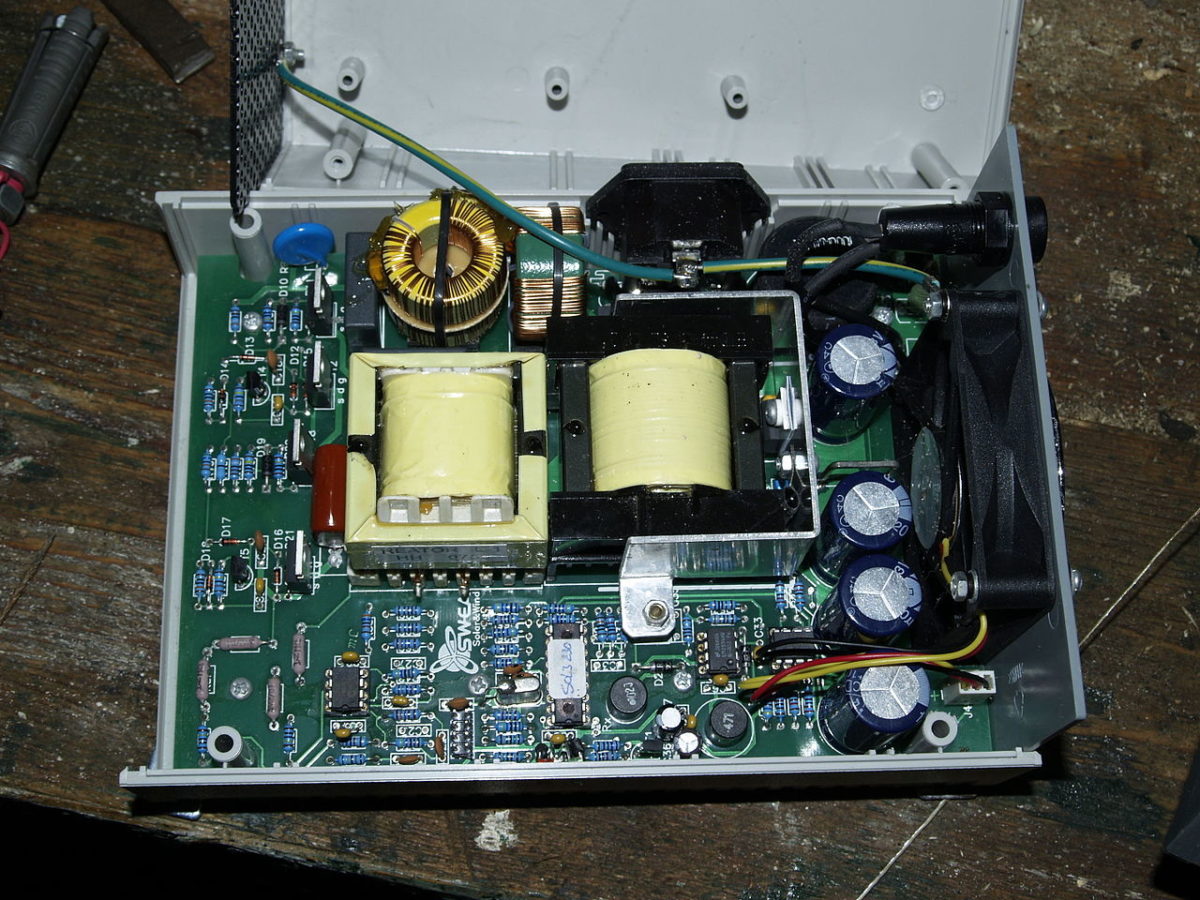Scientists from the US Department of Energy’s Pacific Northwest National Laboratory (PNNL) have developed a model for power utilities to operate grid-forming (GFM) inverter–based resources.
“The model specification was recently approved by the Western Electricity Coordinating Council (WECC), a non-profit corporation that assures reliable electricity in 14 western US states, two Canadian provinces, and northern Baja, Mexico,” the research group said. “The approval means that the model is available to be integrated into commercially available grid simulation tools used by thousands of utilities in North America and other parts of the world.”
The researchers said their work builds on previous work demonstrating that grid-forming inverters can operate microgrids without conventional synchronous power generators.
“The outcomes of microgrid research suggested that grid-forming inverters can ensure system stability for integrating renewable energy sources into future power grids,” they said.
In their recent work, published on the WECC website, the PNNL scientists described the inverter main circuit representation, the droop control, and the fault current limiting function. “This model applies to energy storage systems and photovoltaic (PV) systems,” they specified.
“Our preliminary simulation studies based on the model show that grid-forming inverters can impact power system stability in a very positive way,” said Song Wang, president of the WECC modelling and validation subcommittee. “We believe the work done by PNNL will greatly help the utility industry better understand grid-forming inverters and their potential impacts on power systems.”
Looking forward, the US group said it wanted to create an ecosystem for grid-forming inverters and unify different models for grid-forming technologies and their diverse applications.
This content is protected by copyright and may not be reused. If you want to cooperate with us and would like to reuse some of our content, please contact: editors@pv-magazine.com.









By submitting this form you agree to pv magazine using your data for the purposes of publishing your comment.
Your personal data will only be disclosed or otherwise transmitted to third parties for the purposes of spam filtering or if this is necessary for technical maintenance of the website. Any other transfer to third parties will not take place unless this is justified on the basis of applicable data protection regulations or if pv magazine is legally obliged to do so.
You may revoke this consent at any time with effect for the future, in which case your personal data will be deleted immediately. Otherwise, your data will be deleted if pv magazine has processed your request or the purpose of data storage is fulfilled.
Further information on data privacy can be found in our Data Protection Policy.